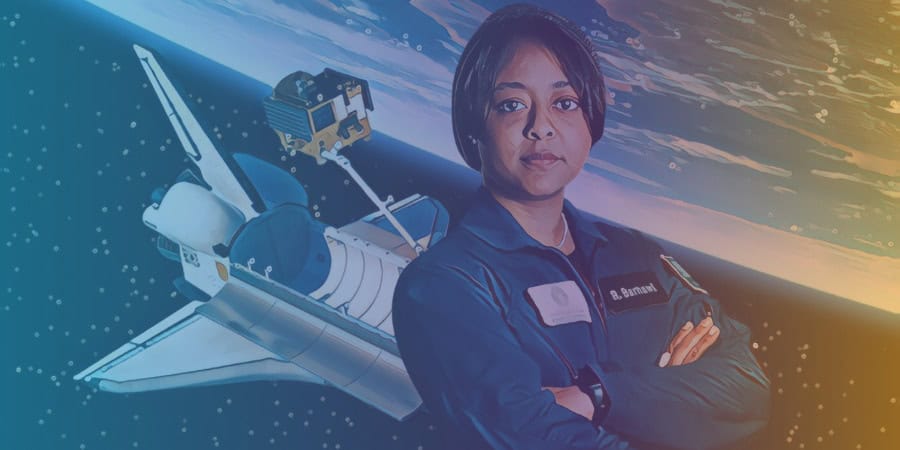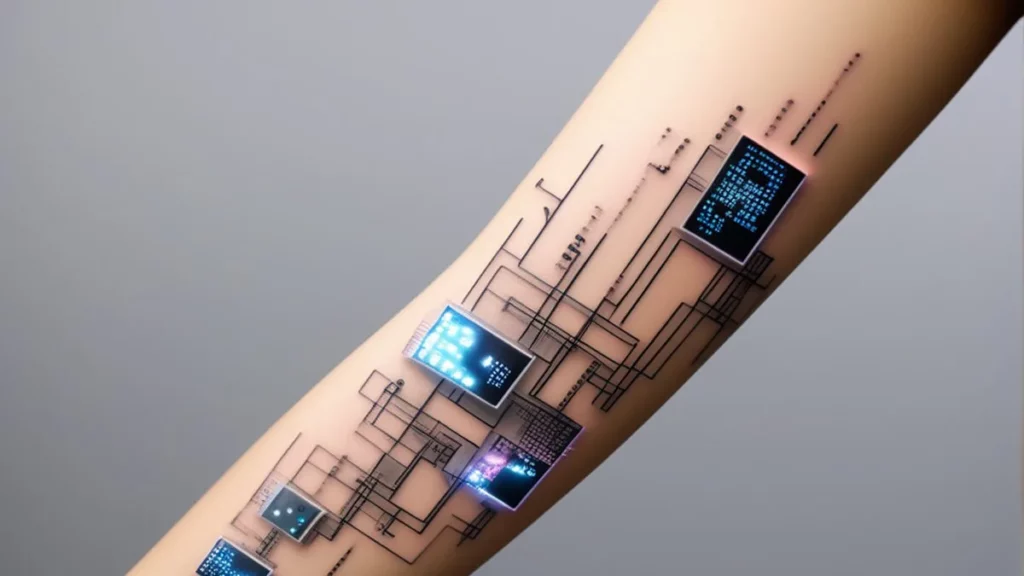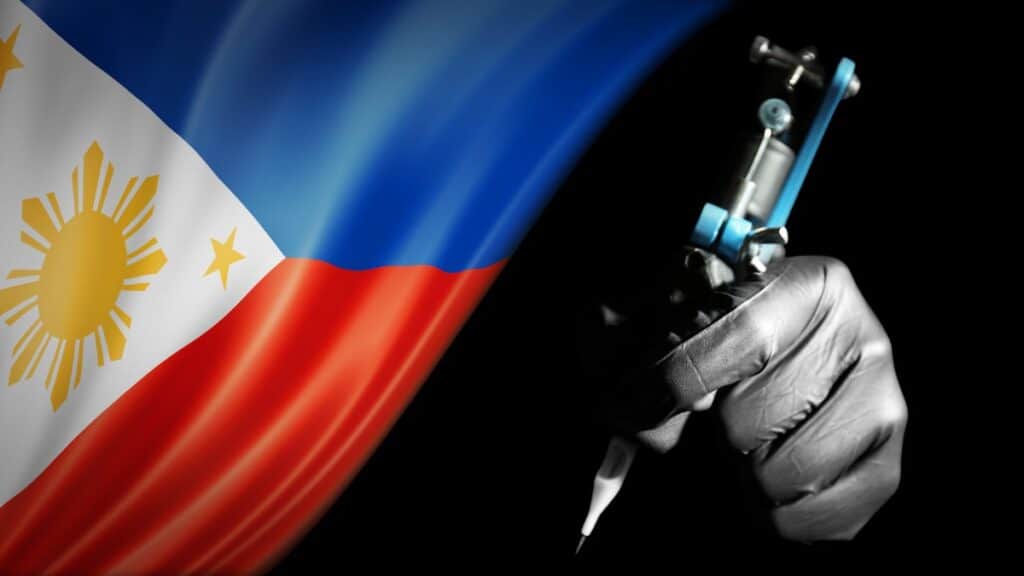Key Takeaways
- Rayyanah Barnawi, a Saudi astronaut, is set to become the first Arab woman to reach orbit as part of the second privately-funded mission to the International Space Station (ISS) by Axiom Space.
- Barnawi's journey highlights the expanding frontiers of private space travel and the growing inclusivity in the traditionally male-dominated field of space exploration.
- Born in 1990, Barnawi is not only an astronaut but also a laboratory research specialist with a background in Reproductive Science, Genetic Engineering, and Tissue Development.
- The Saudi Space Commission selected Barnawi as part of their astronaut program, aligning with the objectives of the Saudi Vision 2030 to empower Saudi individuals to engage in space exploration and scientific research.
- The Axiom mission includes several firsts, such as the first Arab woman to reach orbit and the collaboration with the regular ISS crew to carry out science, outreach, and commercial activities.
- While in orbit, the astronauts will work on initiatives like the NASA Deep Space Food Challenge, aimed at developing innovative food production methods for deep-space missions.
A significant milestone in space exploration is on the horizon as Rayyanah Barnawi, a Saudi astronaut, is set to become the first Arab woman to reach orbit.
The journey is part of the second privately-funded mission to the International Space Station (ISS) by Axiom Space, set to launch on Sunday, May 21.
This ambitious mission not only underlines the expanding frontiers of private space travel but also underscores the growing inclusivity in the traditionally male-dominated field of space exploration.
A New Chapter for Arab Women in Space
Barnawi’s journey to the ISS is a historic one, demonstrating the potential of women in the region to participate in high-stakes, cutting-edge fields.
Born in 1990, Barnawi is not only an astronaut, but she is also a laboratory research specialist with a Bachelor’s degree in Reproductive Science, Genetic Engineering, and Tissue Development from the University of Otago, New Zealand.
Her background in cancer stem cells further enriches her multidisciplinary expertise.
The Saudi Space Commission selected Barnawi and fellow Saudi astronaut Ali Al-Qarni for the AX-2 space mission as a part of their astronaut program.
This initiative is a series of steps towards empowering Saudi individuals to engage in space exploration and contribute to scientific research, aligning with the objectives of the Saudi Vision 2030.
Born in 1990, Barnawi is not only an astronaut, but she is also a laboratory research specialist with a Bachelor’s degree in Reproductive Science, Genetic Engineering, and Tissue Development from the University of Otago, New Zealand.

A Mission of Many Firsts
The Axiom mission is scheduled to depart from the U.S. onboard a SpaceX Falcon 9 rocket.
Alongside Barnawi and Al-Qarni, the crew includes Commander Peggy Whitson and pilot John Shoffner.
During their 12-day stint, the four astronauts will collaborate with the regular ISS crew to carry out a broad range of science, outreach, and commercial activities.
While in orbit, the astronauts will have the opportunity to work on numerous initiatives, including the NASA Deep Space Food Challenge.
This global competition, in partnership with the Canadian Space Agency, aims to develop innovative food production methods for deep-space missions.
Saudi Arabia’s Legacy in Space
Saudi Arabia’s involvement in space exploration dates back to 1985, with participation in the first flight of the Arab space shuttle “Discovery”.
The Saudi team included an astronaut and a scientist, led by Prince Sultan bin Salman, who was later honored with the Space Medal by the U.S. Aeronautics and Space Administration (NASA).
The current mission adds another chapter to this legacy, positioning the kingdom as a competitive player in specialized space sciences.
A New Era in Space Exploration
Barnawi’s historic journey exemplifies the momentum building in space exploration.
The mission aligns with several notable space activities scheduled this week, including the annual Humans to Mars Summit, SpaceX’s ambitious Starlink V2 Minis launch, and OneWeb’s plans to augment its internet satellite constellation.
This week, the world will not only witness the first Arab woman venturing into space, but it will also see the realization of broader inclusivity in space exploration.
As we look towards the stars, it is clear that the future of space travel is diverse, global, and exciting.








